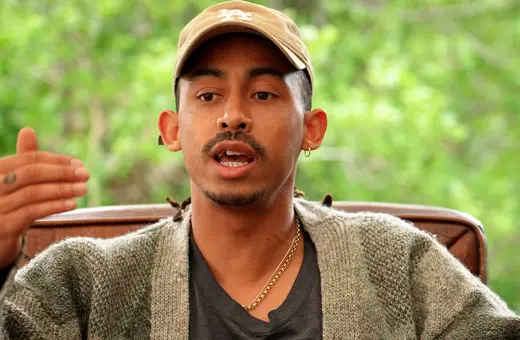This Remembrance Day and Veterans Day, a minority of people will know someone who served in WWII. As time creates distance, many commentators fear the next World War is becoming increasingly likely. Who we remember is a political act, as shown by figures like Putin currently. But to truly honour the dead, former intelligence officer in the British Army Andy Owen, argues we must leave politics aside.
On 11th November, the UK will mark the eightieth Remembrance Day since the end of the Second World War (the same day the US will mark Veterans Day that honours all those who have served. However, Memorial Day, which commemorates America’s fallen military personnel across all its wars, is more comparable). This year, there will be few veterans left from the Second World War, and none from the First. My generation will be one of the last where nearly everyone had a grandparent who fought in one of those two wars. It is now a minority who know someone who has served; the personal connection for most has been severed. Younger generations, who lack this connection, place less significance on the remembering of the dead of these conflicts. For older generations in the UK, Remembrance Day became synonymous with a personal remembering of lost loved ones. As the war generations leave us, Remembrance Day can no longer serve that purpose. At the same time, the white, Portland stone of the Cenotaph has increasingly become a site of protest, as groups attempt to colour it with their own narratives, antithetical to those original architects of remembrance. Remembrance Day, though, is a modern phenomenon. There are older festivals that remember the dead that have been overshadowed. By reviving these festivals, we may be able to offer a more personal celebration of the dead, and return Remembrance Day to an apolitical occasion to remember a specific sacrifice.
Across the UK there is a network of triangulation pillars sitting atop prominent hills, always in line of sight of two other such points. These help you locate yourself in the physical space of these isles. There is another network of stone markers: the war memorials on every village green and town square. At the heart of this network is the Cenotaph in Whitehall. For much of the last century, if the view from green to green, or square to square, were unobstructed, you could use these memorials to locate yourself in the national consciousness. This network is, in large part, down to the work of one man.
___
Now, a 2023 Ipsos poll in the UK found that only 33% of young people, including Gen Z and Millennials, knew that Remembrance Day commemorates the First World War Armistice.
___





















Join the conversation